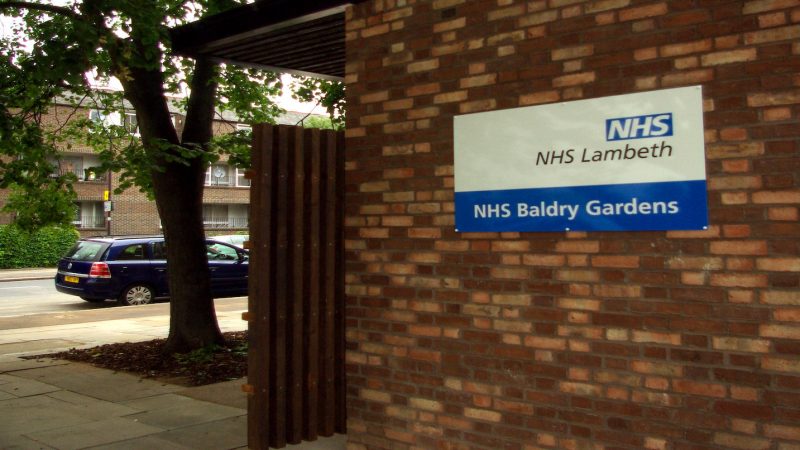'If it doesn’t invest in general practice properly, as a population we will simply continue to get sicker'

Plans to help support GPs are “set up to fail” if the staff retention crisis is not addressed, the British Medical Association (BMA) has warned in response to a new government scheme for primary care announced today.
Barriers in infrastructure and a GP workforce crisis will prevent effective change from happening, said the doctors’ union, arguing that addressing the crisis in staff retention should be top priority to help the NHS recover.
It comes as the government announced their scheme to improve access to GP services through a Primary Care Recovery Plan with the hope of cutting NHS waiting list times.
While the union welcomed the investment and “innovative” new ways to support the profession delivering care, they criticised the lack of detail on preventing GPs leaving the profession in the first place.
Dr Kieran Sharrock, acting chair of the BMA England, said relieving the strain on services will only happen when there is a government commitment to increase the number of GPs.
Under the plan, people will be able to access prescriptions and routine tests at their high street pharmacies.
But Dr Sharrock said the measures don’t consider the continued cuts to public health funding and closure of pharmacies across England and therefore the ambition to help GPs, “are in fact just set up to fail”.
Rising operational costs, staff shortages and reduced government financial support have led to pharmacies closing at a high rate, with the number of community chemists now at their lowest number since 2015.
With analysis by the BBC finding that the number of pharmacies in England fell by 160 over the past two years.
The doctor-led campaign group Every Doctor has called the plan a “sticking plaster” that will only help to, “cover a wound of the government’s own making,” whilst they also put the solution down to hiring more doctors.
There was an estimated shortage of around 4,200 GPs in England in 2021/22, according to The Health Foundation, which they projected would rise to around 8,900 in 2030/31 without urgent policy action.
Dr Sharrock added: “The health of the nation is firmly in the hands of this Government.
“If it doesn’t invest in general practice properly, as a population we will simply continue to get sicker.”
The BMA has recently been engaged in negotiations with the government in attempts to resolve the ongoing junior doctors dispute over pay and conditions.
Junior doctors have experienced a cut of more than 25% to their salaries since 2008/09 and are asking for a 35% pay restoration to make up for the pay cuts and address double-digit inflation.
In Scotland, junior doctors voted overwhelmingly last week for strike action over pay after being balloted by the union.
Almost 97% were in favour of strikes, with the union hoping that the overwhelming strike mandate will help push forward ongoing negotiations with the Scottish government.
Hannah Davenport is trade union reporter at Left Foot Forward
(Photo credit: Flickr / Creative Commons)
Left Foot Forward’s trade union reporting is supported by the Barry Amiel and Norman Melburn Trust

Left Foot Forward doesn't have the backing of big business or billionaires. We rely on the kind and generous support of ordinary people like you.
You can support hard-hitting journalism that holds the right to account, provides a forum for debate among progressives, and covers the stories the rest of the media ignore. Donate today.



